38 vector biology definition
Vector (molecular biology) - Wikipedia In molecular cloning, a vector is any particle (e.g., plasmids, cosmids, Lambda phages) used as a vehicle to artificially carry a foreign nucleic sequence – usually DNA – into another cell, where it can be replicated and/or expressed. [1] A vector containing foreign DNA is termed recombinant DNA. Vector (biology) - ScienceDaily Vector (biology) Traditionally in medicine, a vector is an organism that does not cause disease itself but which spreads infection by conveying pathogens from one host to another. Note: The...
Vector Definition in Science - ThoughtCo In the biological sciences, the term vector refers to an organism that transmits a disease, parasite, or genetic information from one species to another. Examples: Mosquitoes are a vector of malaria. A virus may be used as a vector to insert genes into a bacterial cell.

Vector biology definition
Vector | Definition, Physics, & Facts | Britannica vector, in physics, a quantity that has both magnitude and direction. It is typically represented by an arrow whose direction is the same as that of the quantity and whose length is proportional to the quantity's magnitude. Although a vector has magnitude and direction, it does not have position. That is, as long as its length is not changed ... Vector- Definition, Features, Types, Examples, Applications, Limitations A vector is a substance, usually a piece of DNA that carries a sequence of DNA or other genetic material and introduces it into a new cell. Vectors act as vehicles to transfer genetic material from one cell to the other for different purposes like multiplying, expressing, or isolation. Vector Definition & Meaning | Dictionary.com Vector definition at Dictionary.com, a free online dictionary with pronunciation, synonyms and translation. Look it up now!
Vector biology definition. Medical Definition of Vector - RxList Definition of Vector. Vector: In medicine, a carrier of disease or of medication. For example, in malaria a mosquito is the vector that carries and transfers the infectious agent. In molecular biology, a vector may be a virus or a plasmid that carries a piece of foreign DNA to a host cell. Vector - Wikipedia Vector (molecular biology), a DNA molecule used as a vehicle to artificially carry foreign genetic material into another cell Cloning vector, a small piece of DNA into which a foreign DNA fragment can be inserted for cloning purposes Shuttle vector, a plasmid constructed so that it can propagate in two different host species Vector-borne diseases - World Health Organization Vectors are living organisms that can transmit infectious pathogens between humans, or from animals to humans. Many of these vectors are bloodsucking insects, which ingest disease-producing microorganisms during a blood meal from an infected host (human or animal) and later transmit it into a new host, after the pathogen has replicated. Medical Definition of Vector - MedicineNet Vector: In medicine, a carrier of disease or of medication. For example, in malaria a mosquito is the vector that carries and transfers the infectious agent. In molecular biology, a vector may be a virus or a plasmid that carries a piece of foreign DNA to a host cell. CONTINUE SCROLLING OR CLICK HERE SLIDESHOW
Vector (biology) | definition of Vector (biology) by Medical ... vector [ vek´tor] 1. a carrier, especially the animal (usually an arthropod) that transfers an infective agent from one host to another. Examples are the mosquito that carries the malaria parasite Plasmodium between humans, and the tsetse fly that carries trypanosomes from other animals to humans. Vector Definition and Examples - Biology Online Dictionary Sep 30, 2022 · In molecular biology, a vector is an entity that is used to transfer the genetic material, such as a plasmidthat is used to transfer DNAsequences from the donor organism to the target cell of the recipient organism. Other examples of molecular vectors are binary vectors, cloning vectors, shuttle vectors, viral vectors, and expression vectors. Vector (biology) - Simple English Wikipedia, the free ... A vector in biology is an animal on or in which a small living thing gets transported. The vector gets no benefit and sometimes loses fitness by the ... (PDF) What is a vector? - researchgate.net A vector is an animal that transmits a disease to other organisms. An insect that transmits a disease is known as an insect vector, and the disease it transmits is referred to as a vectorborne...
What is a Vector in Maths? (Definition, and Components) - BYJUS In maths, a vector is a quantity that not only describes the magnitude but also describes the movement of an object or the position of an object with respect to another point or object. It is also known as Euclidean vector, geometric vector or spatial vector. In mathematics, the length of the segment of the directed line is called the magnitude ... Lecture 9 Vector Biology Flashcards | Quizlet Vector: kill with pesticide, or kill with vector predator (fish that eats mosquito) Definition of a vector. a living organism that picks up a disease agent from a reservoir and transfers it to a susceptible host (reservoir = where agent lies) Vectors are usually considered to be. arthropod (insects, arachnid) What are vectors? | Biology Questions - Toppr Vector is an organism that does not cause disease itself but which spreads infection by conveying pathogens from one host to another. Species of mosquito, for ... vector | genetics | Britannica …molecule is called a DNA vector (carrier). The most commonly used vectors are plasmids (circular DNA molecules that originated from bacteria), viruses, and yeast cells. Plasmids are not a part of the main cellular genome, but they can carry genes that provide the host cell with useful properties, such as… Read More engineering Table of Contents
Vector Definition & Meaning - Merriam-Webster vector 1 of 2 noun vec· tor ˈvek-tər 1 : a quantity that has magnitude and direction and that is usually represented by part of a straight line with the given direction and with a length representing the magnitude 2 : an organism (as an insect) that transmits a pathogen from one organism or source to another fleas are vectors of plague
What is a vector? - PMC - NCBI by AJ Wilson · 2017 · Cited by 58 — One of the broadest definitions defines a vector as any organism (vertebrate or invertebrate) that functions as a carrier of an infectious agent ...
What Does a Vector Mean in Biology? - BYJU'S Biology What Does a Vector Mean in Biology? A biological vector is a living thing that carries the disease-causing agent or causative organism from reservoirs to the host. It could also be a reproductive agent that disperses reproductive components, such as a bee that acts as a pollen carrier for transferring pollen to a flower's stigma.
Vector quantities - Scalar and vector quantities - BBC Bitesize Vector quantities have both magnitude and an associated direction. This makes them different from scalar quantities, which just have magnitude. Examples of vector quantities Some examples of...
Vector-borne diseases | EFSA - europa.eu Many vector-borne diseases are zoonotic diseases, i.e. diseases that can be transmitted directly or indirectly between animals and humans. These include for example Lyme disease, tick-borne encephalitis, West Nile virus, Leishmaniosis and Crimean-Congo haemorrhagic fever. Many vector-borne diseases are considered as emerging infectious diseases ...
vector | Definition from the Biology topic - Longman Dictionary 3 in biology, an animal or human cell that is used to carry DNA from one cell to another to produce a cloneExamples from the Corpusvector• Input words were ...
Minors and Certificates - Department of Entomology Vector Biology and Vector-Borne Disease Response in Human and Animal Systems Certificate. This certificate is designed to provide a concentration of subject-matter focusing on arthropod vectors of disease pathogens of humans, livestock, wildlife and companion animals. Course concentration includes survey of vectors and vector biology ...
Vectors: Definition, Types & Examples - Study.com Vectors describe amounts that extend in a direction and have a magnitude. Explore the definition, types, and examples of vectors and discover position vectors, unit vectors, and equal vs....
Biological vector | definition of biological vector by Medical dictionary vector [ vek´tor] 1. a carrier, especially the animal (usually an arthropod) that transfers an infective agent from one host to another. Examples are the mosquito that carries the malaria parasite Plasmodium between humans, and the tsetse fly that carries trypanosomes from other animals to humans.
Binary vector Definition and Examples - Biology Online Dictionary Definition noun Cloning vector that can propagate in both Escherichia coli and Agrobacterium tumefaciens for use in biotechnology. Supplement See also:cloning vectorbiotechnology. Binary vector in the largest biology dictionary online. Free learning resources for students covering all major areas of ...
Vector Biology - National Institute of Allergy and Infectious Diseases Vector Biology Overview Information for Researchers An Anopheles gambiae mosquito is shown being injected with hemolymph, the insect's primary circulatory fluid, as part of a malaria study. Credit: NIAID Arthropod vectors, including insects and ticks, can transmit infectious disease pathogens among humans or between animals and humans.
What Is a Vector? - Definition & Types - Study.com A vector is a quantity that has both magnitude (numerical size) and direction. This is the opposite of a scalar, which is a quantity that only has magnitude and no direction. So for example, a...
Vector - National Human Genome Research Institute Jan 26, 2023 · A vector, as related to molecular biology, is a DNA molecule (often plasmid or virus) that is used as a vehicle to carry a particular DNA segment into a host cell as part of a cloning or recombinant DNA technique. The vector typically assists in replicating and/or expressing the inserted DNA sequence inside the host cell. Narration 00:00 … Vector.
Vector Definition & Meaning | Dictionary.com Vector definition at Dictionary.com, a free online dictionary with pronunciation, synonyms and translation. Look it up now!
Vector- Definition, Features, Types, Examples, Applications, Limitations A vector is a substance, usually a piece of DNA that carries a sequence of DNA or other genetic material and introduces it into a new cell. Vectors act as vehicles to transfer genetic material from one cell to the other for different purposes like multiplying, expressing, or isolation.
Vector | Definition, Physics, & Facts | Britannica vector, in physics, a quantity that has both magnitude and direction. It is typically represented by an arrow whose direction is the same as that of the quantity and whose length is proportional to the quantity's magnitude. Although a vector has magnitude and direction, it does not have position. That is, as long as its length is not changed ...
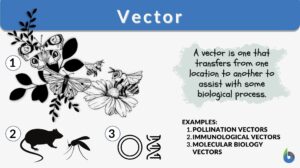

:max_bytes(150000):strip_icc()/vector-addition-141482002-599f183d9abed50011663dec.jpg)
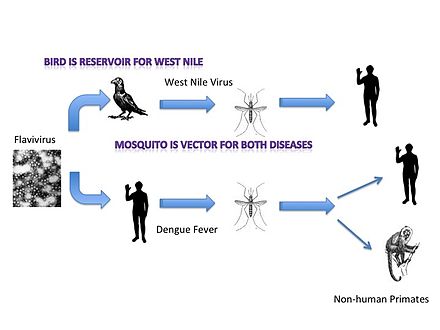






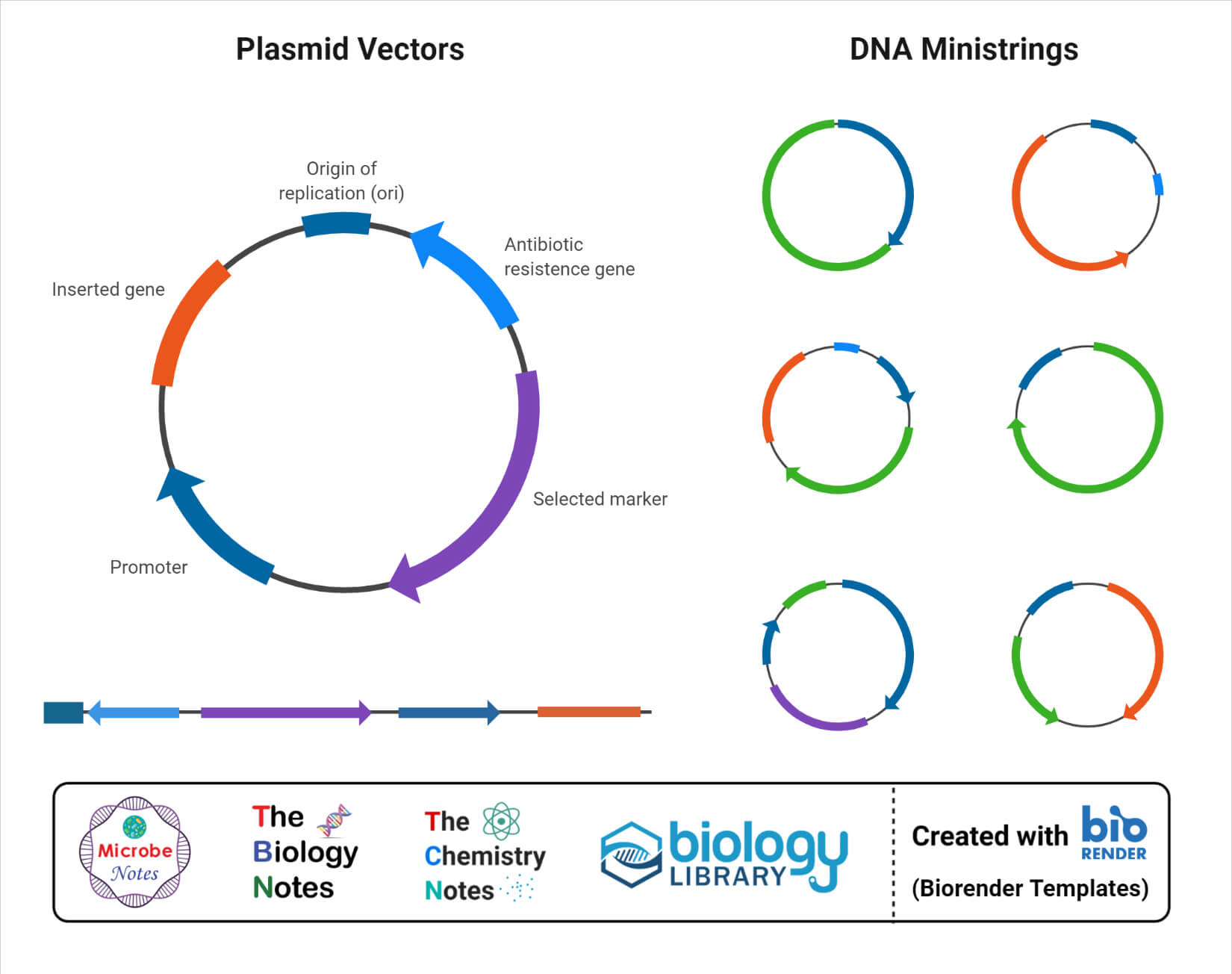




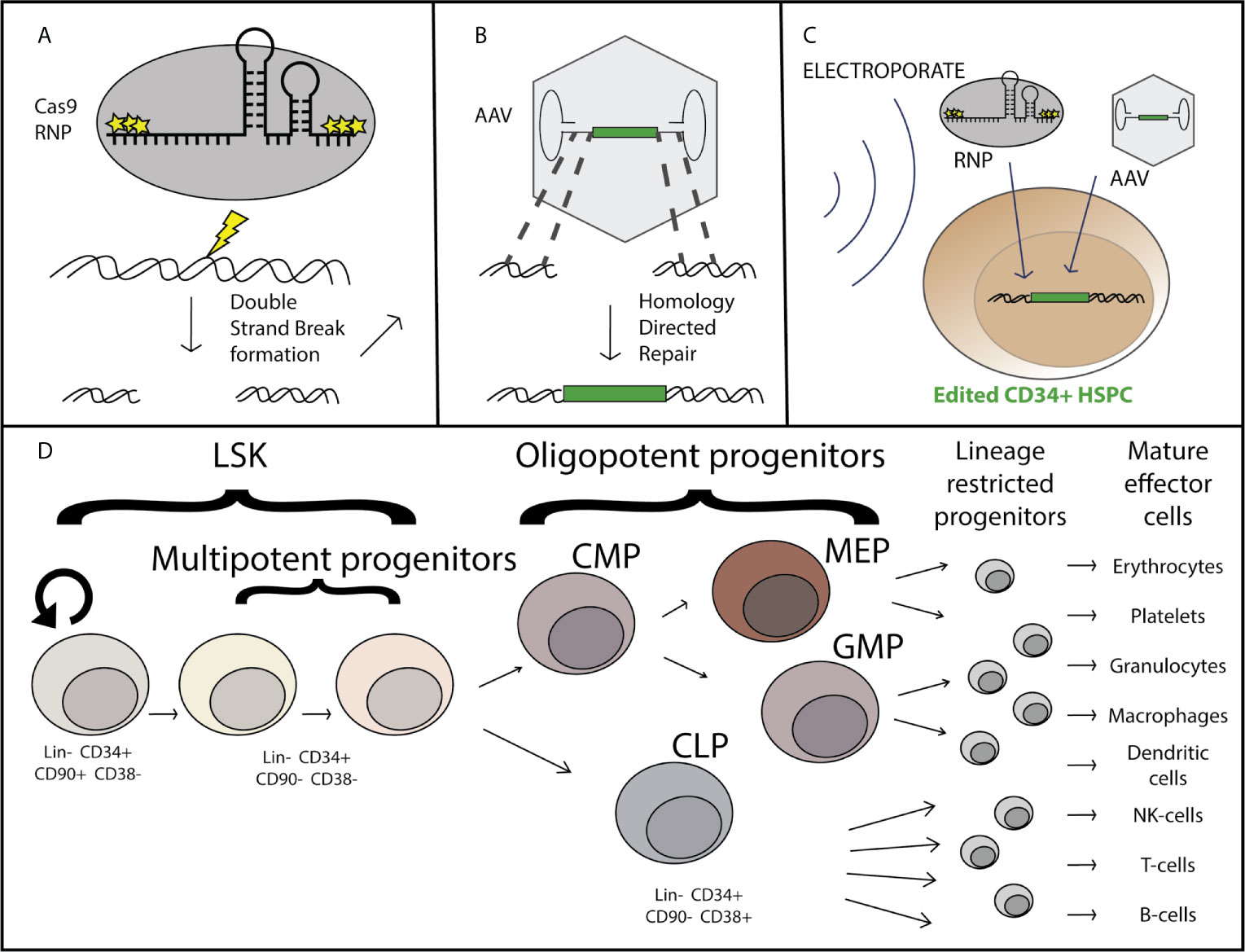
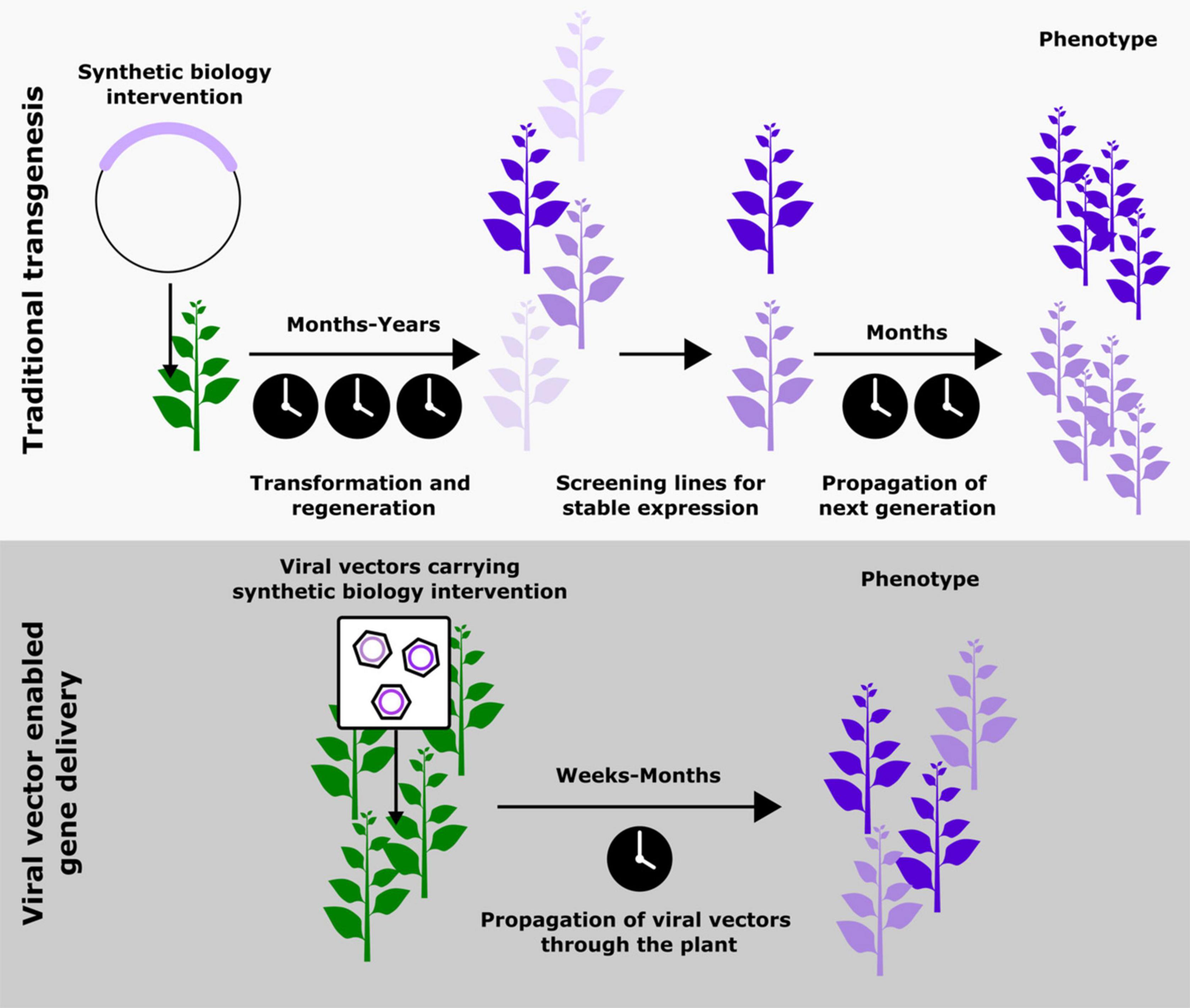
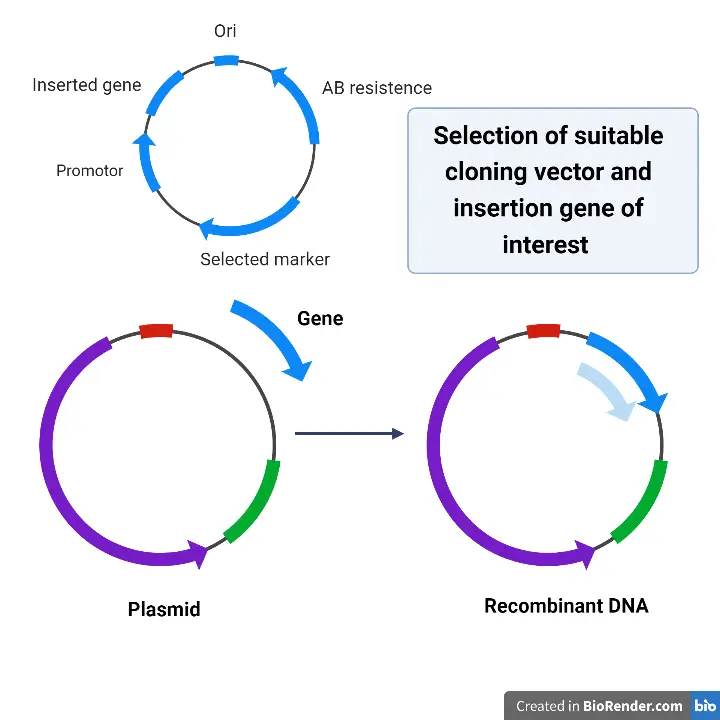







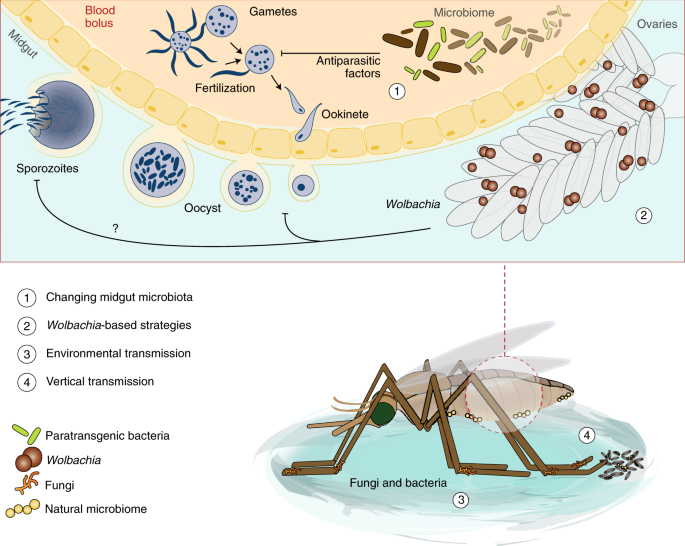


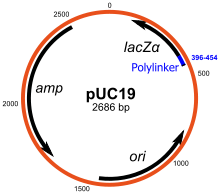



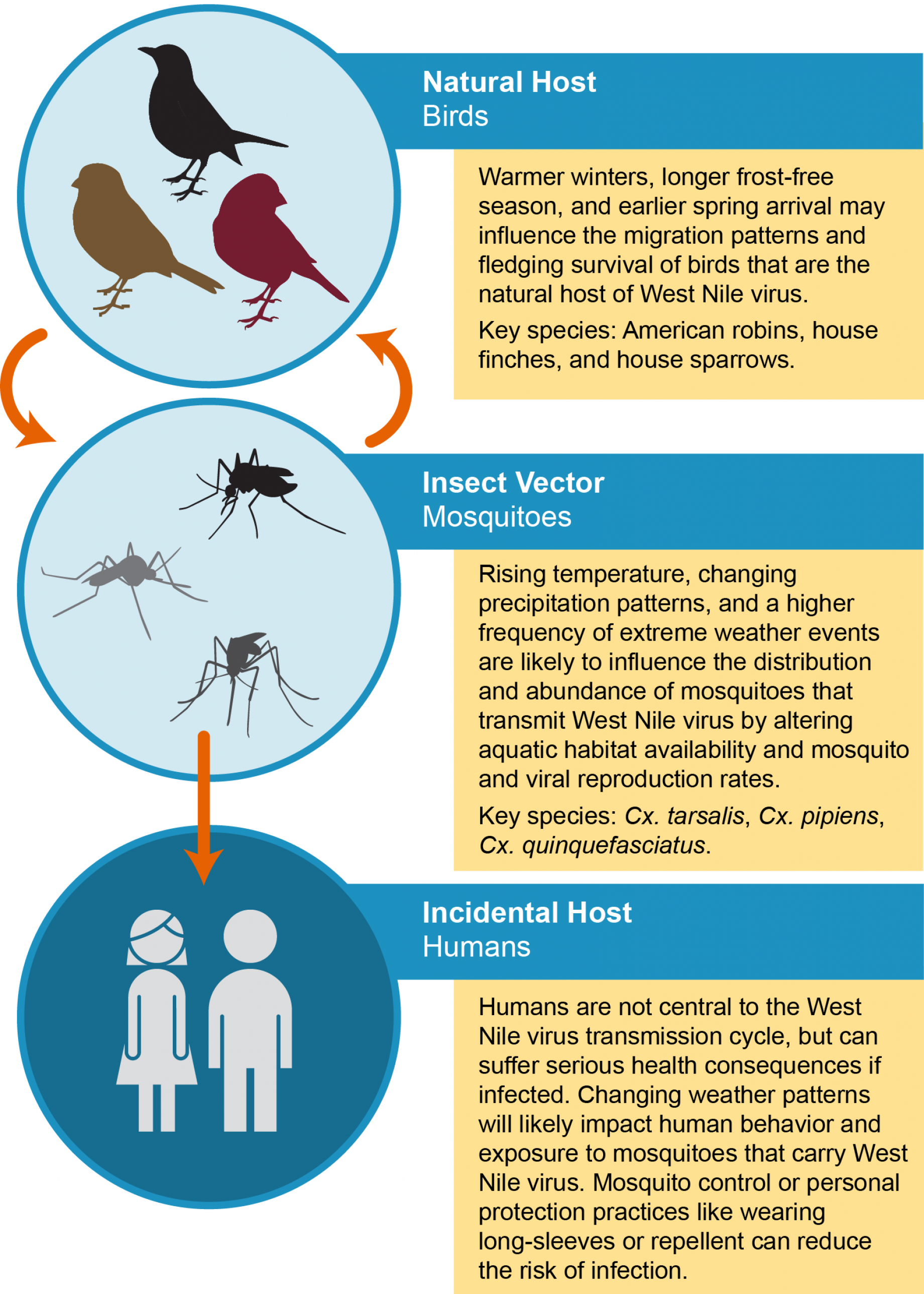


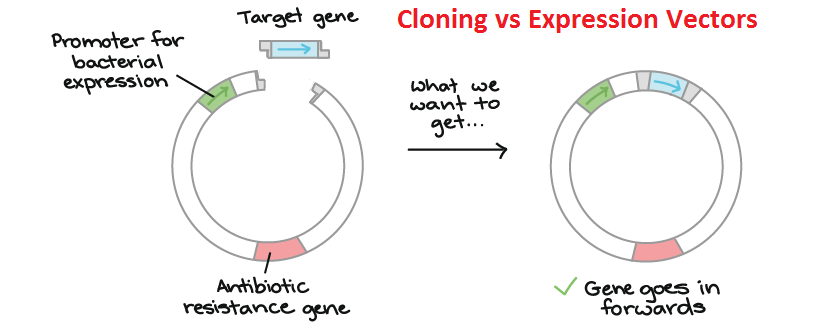
Post a Comment for "38 vector biology definition"